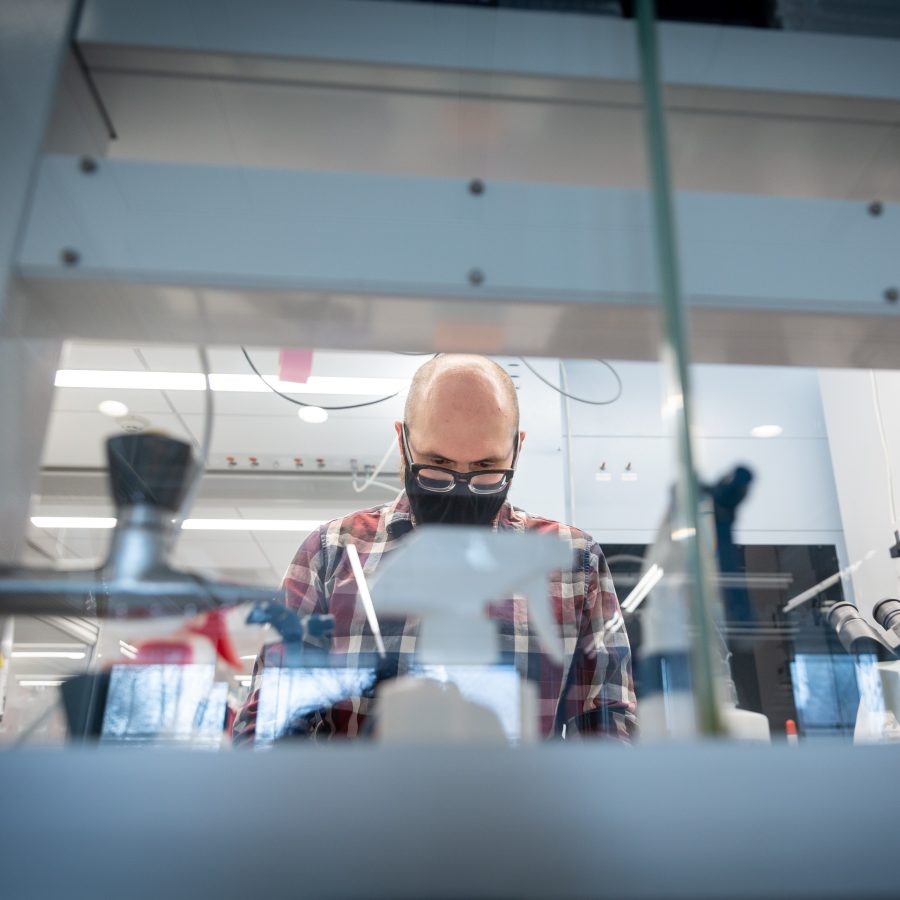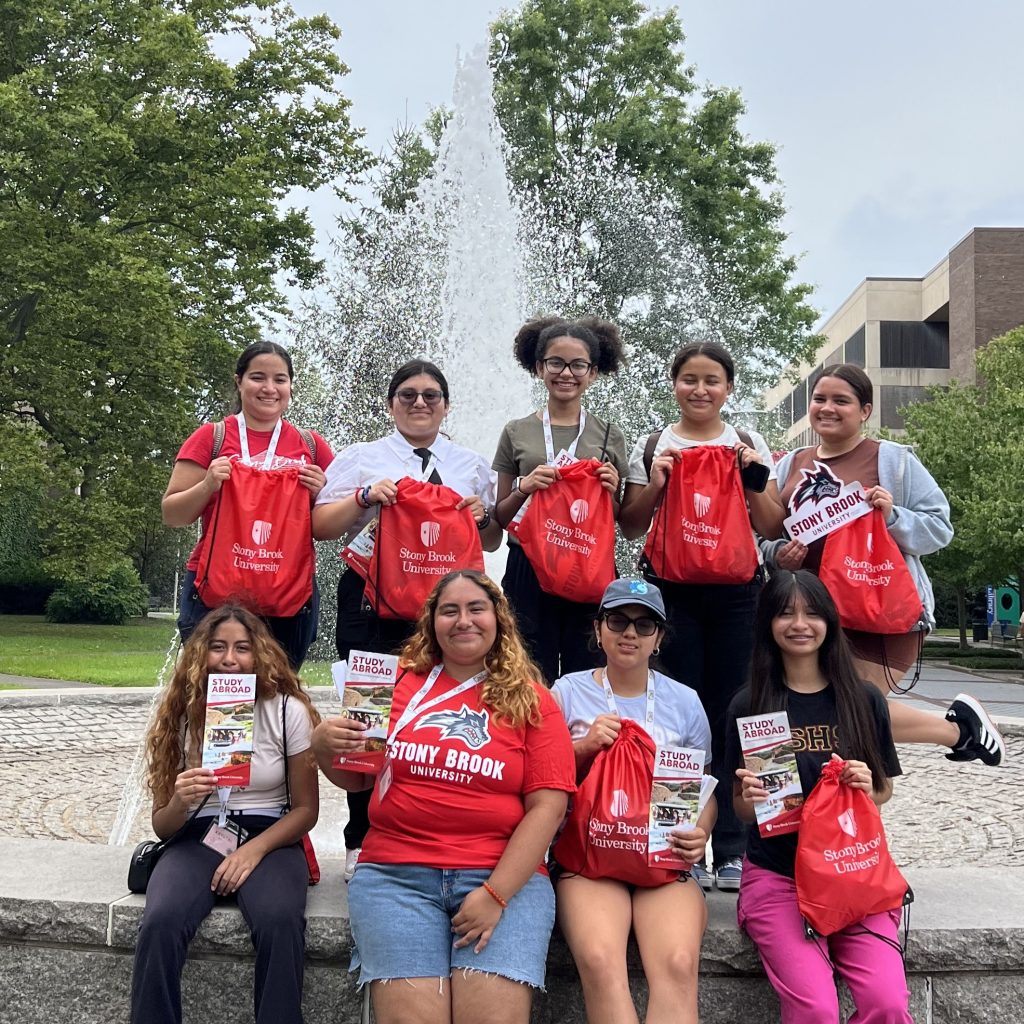Imagine looking at a friend’s face and seeing only their ears or shoulders, watching TV and seeing only the screen’s frame, or driving while everything in your direct line of vision is blurred. Progressive loss of central vision looms over those diagnosed with age-related macular degeneration, the leading cause of vision loss for people over 60 in the U.S.
There are two types of the disease: Wet macular degeneration, which is rare and causes faster vision loss, can be slowed—or even halted— through treatment. Dry macular degeneration is far more common and much harder to treat. There is no cure for macular degeneration, and the very few treatment options that currently exist can only slow the disease’s progression—none restore vision.
The New York Stem Cell Foundation (NYSCF) is working to change this. A recent Trust grant to NYSCF is supporting a clinical trial of one of the first-ever human grafts of stem cells in patients with dry age-related macular degeneration.
Stem cells have the ability to turn into any type of cell in the body, making them ideal for treating diseases where a population of cells decay over time, as happens with dry age-related macular degeneration. The clinical trial offers hope to slow—or potentially reverse—the progression of this disease, which affects almost 20 million adults across the country.
“The New York Community Trust’s visionary support is enabling NYSCF to launch one of the world’s first clinical trials using a patient’s own stem cells to replace their cells damaged by a disease—in this case, to treat dry age-related macular degeneration,” said Jennifer J. Raab, president and chief executive officer of NYSCF. “As one of the very few laboratories able to do this, fueled by philanthropy, we are thrilled to pioneer our therapy in New York City, ultimately to benefit patients everywhere.”
The Trust has a long history of providing early funding for groundbreaking medical research. It made one of the first grants for AIDS research and funded the mapping of the leprosy genome. Researchers who published studies with Trust funding have gone on to win competitive government and private foundation grants, enhancing the impact of our initial investment.
As one of NYSCF’s first funders, The Trust has supported breakthroughs in using stem cells to generate fully beating heart tissue, researching treatments for Parkinson’s disease, and creating New York’s first ethnically diverse stem cell biobank to inform medical research that benefits people from a wider range of backgrounds.
“The donors whose generosity we wove together to make this grant possible cared about vision loss, older adults, and biomedical research,” said Irfan Hasan, deputy vice president for grants at The Trust. “The diverse legacies of various Trust donors are now meeting in a petri dish to potentially change the lives of millions.”




